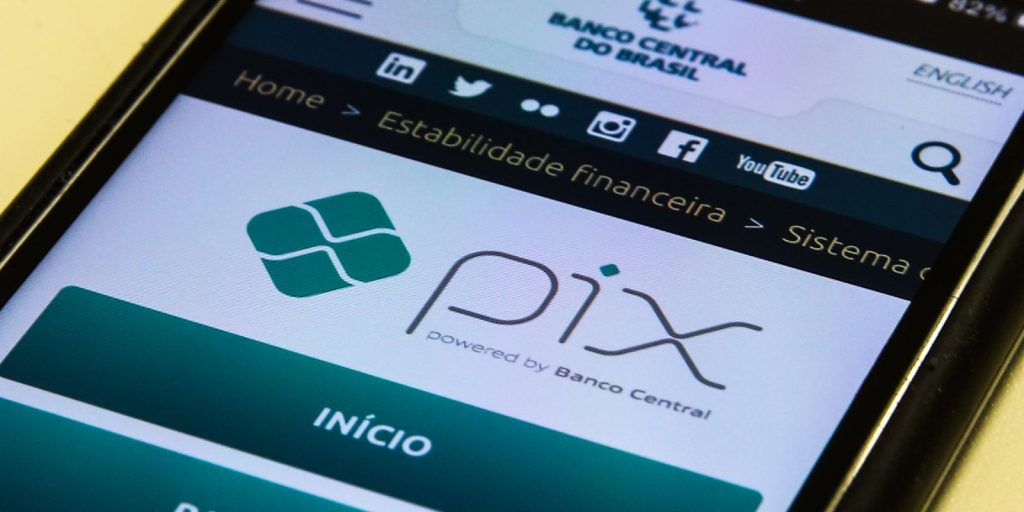On August 14, the National Petroleum Company (ENAP) published a new weekly report of prices The price of fuel has risen, bringing with it bad news for drivers in Chile. After three weeks of keeping rates unchanged, it was confirmed that starting August 15, the price of gasoline in the country will experience a significant increase. This situation comes just when many drivers expected prices to remain stable for longer, but the reality is different.
The report details that 93 and 97 octane gasoline will increase by $4.7 and $3.7 per liter, respectively. This increase may seem small in absolute terms, but considering daily use and the amount of liters that are usually consumed, the impact on pockets will be noticeable. increase It comes in a context where fuels play a crucial role in the daily economy of Chilean families, especially for those who depend on their vehicles to work or commute daily.
Although the increase While gasoline is what has attracted the most attention, it is not the only fuel that will see changes in its price. Diesel, for example, will experience a drop of $21.8 per liter, which may be a relief for those who use diesel vehicles, although it does not completely offset the impact of the increase in gasoline. On the other hand, vehicle LPG will have a considerable increase of $29.5 per liter, and paraffin, an essential fuel for many families in winter, will see a drop of $29.1 per liter.

The duration of these prices The price change will be determined by the Fuel Price Stabilisation Mechanism (MEPCO), which regulates variations every three weeks. Under this mechanism, current prices will remain in place until the next scheduled change on Thursday, September 5. This means that drivers will have to deal with these new prices for the next few weeks, adjusting their budgets accordingly.
ENAP has announced that the next report of prices The new price will be published on September 4, one day before the new prices come into effect. In the case of paraffin, the price variation follows a weekly pattern, so the next adjustment will be announced on August 21, to be applied the following day. This keeps consumers in a constant state of uncertainty, where planning their fuel spending becomes a challenge.


















